
Psychiatrist @ UCSF | Stanford Med | Clinical Lead @ Sunflower | Sharing all things mental health and tech
5 subscribers
How to get URL link on X (Twitter) App


 2/ First, know melatonin = body’s night signal
2/ First, know melatonin = body’s night signal


 2/ Michael asked: what actually makes someone thrive in chaos?
2/ Michael asked: what actually makes someone thrive in chaos?


 2/ REM sleep is where your brain does its overnight maintenance:
2/ REM sleep is where your brain does its overnight maintenance:
 2/ A new Nature study recorded from the human amygdala (the brain’s fear hub)
2/ A new Nature study recorded from the human amygdala (the brain’s fear hub)



 2/ 1950s: scientists gave rats a lever linked to stimulate their brain.
2/ 1950s: scientists gave rats a lever linked to stimulate their brain. 
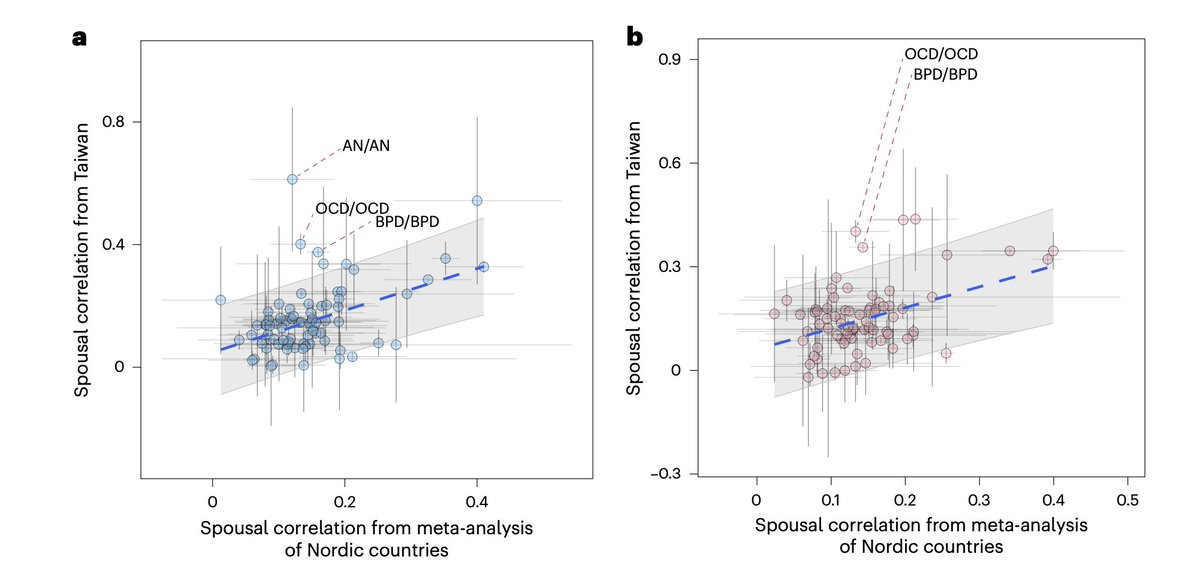
 2/ So what's behind the trend?
2/ So what's behind the trend?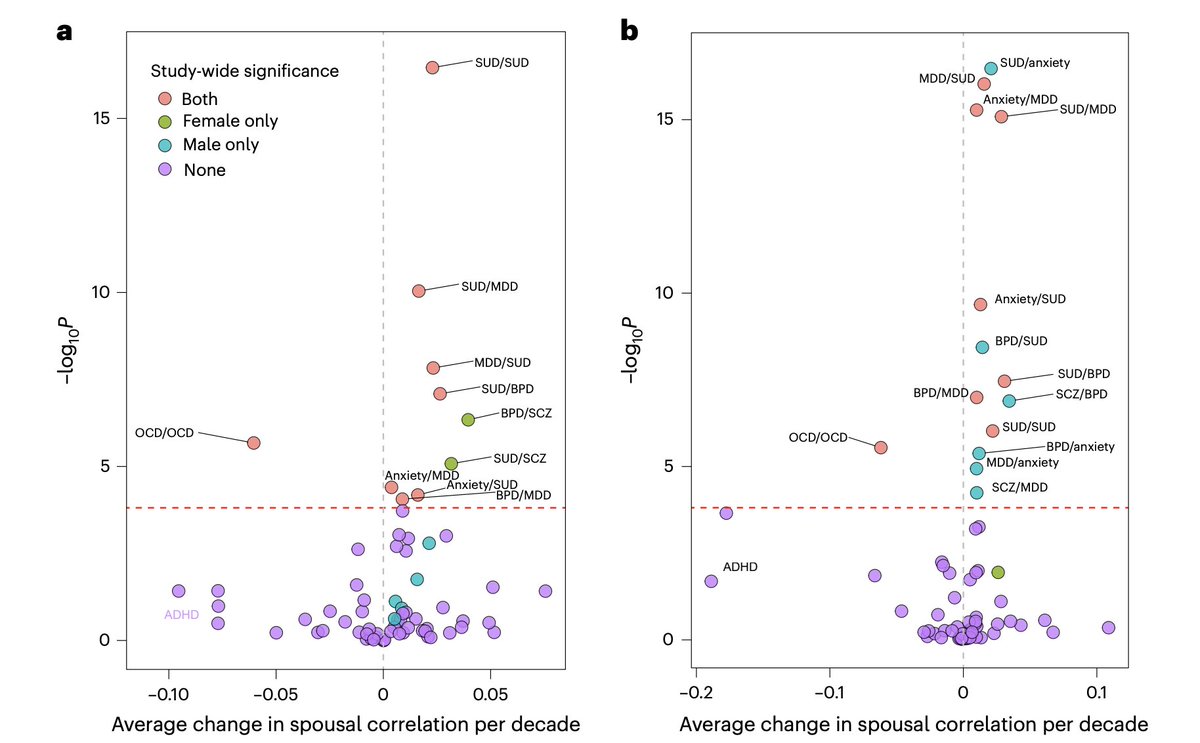
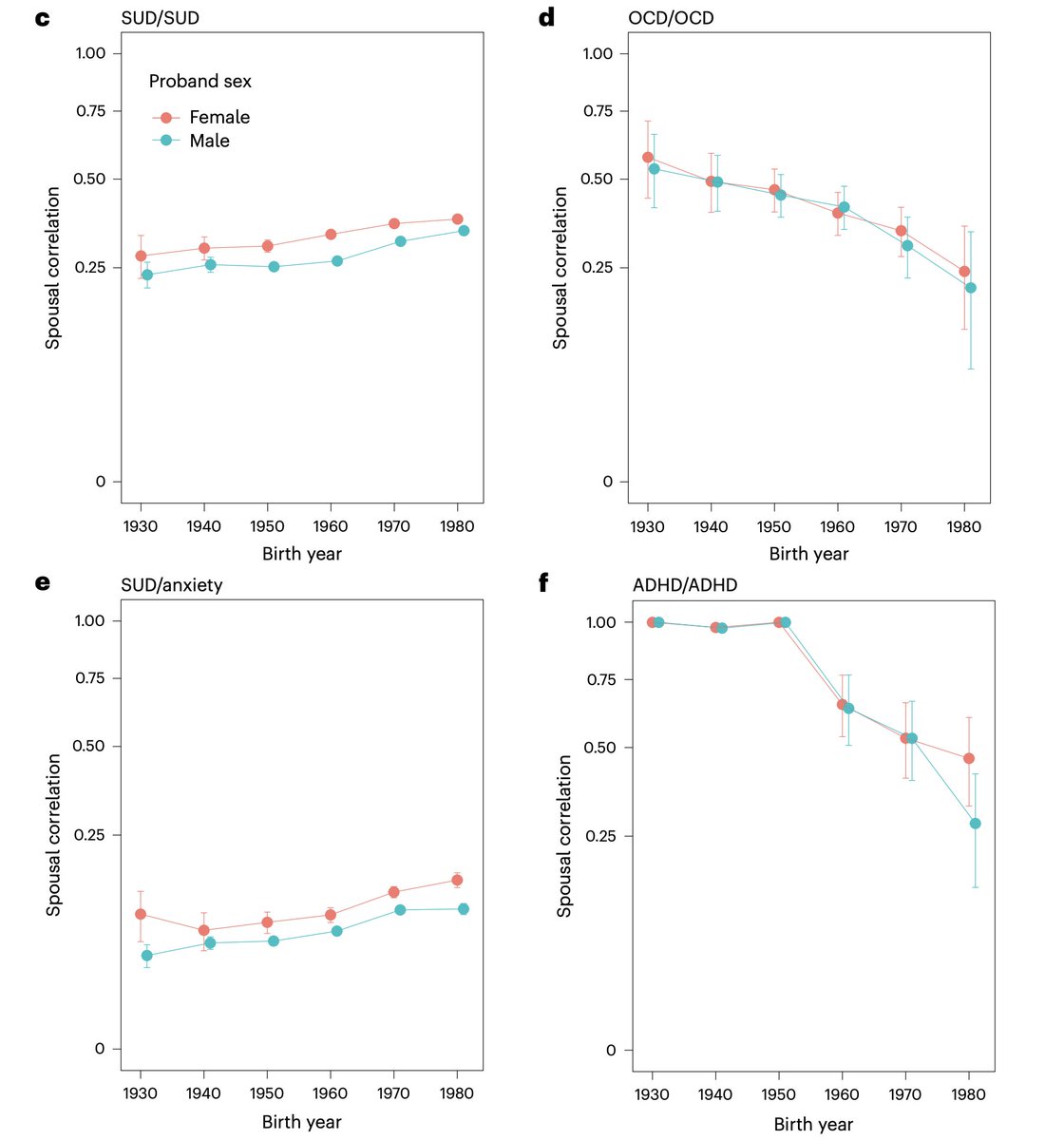
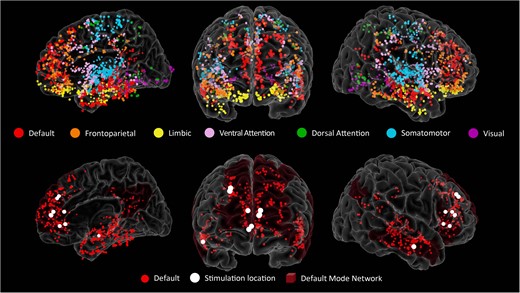
https://twitter.com/1687216652130418691/status/19603254606775956042/ What does creativity look like?

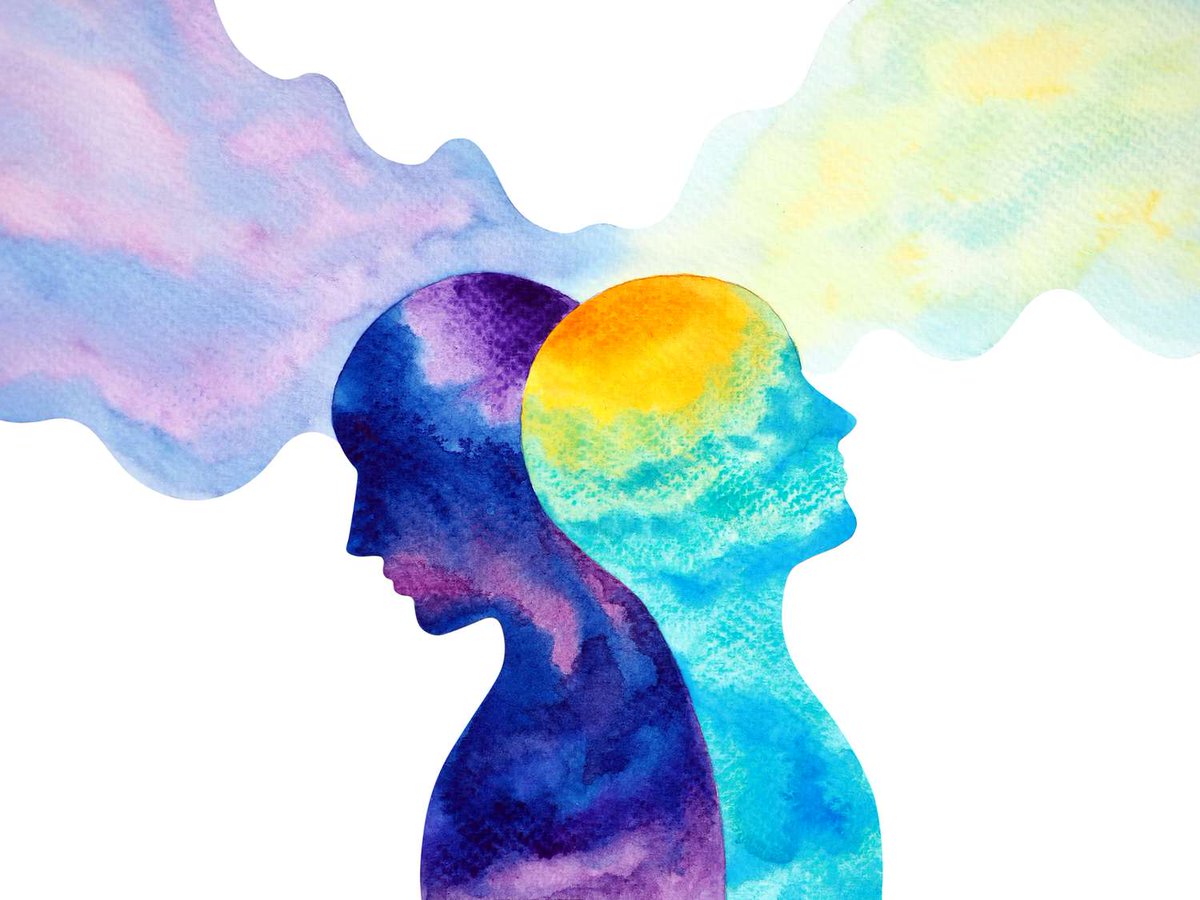

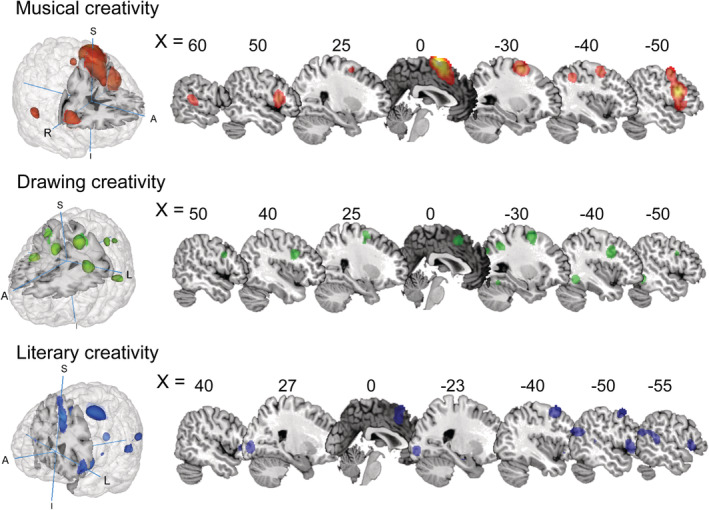 2/ Creativity is less logic and more collisions of the unexpected
2/ Creativity is less logic and more collisions of the unexpected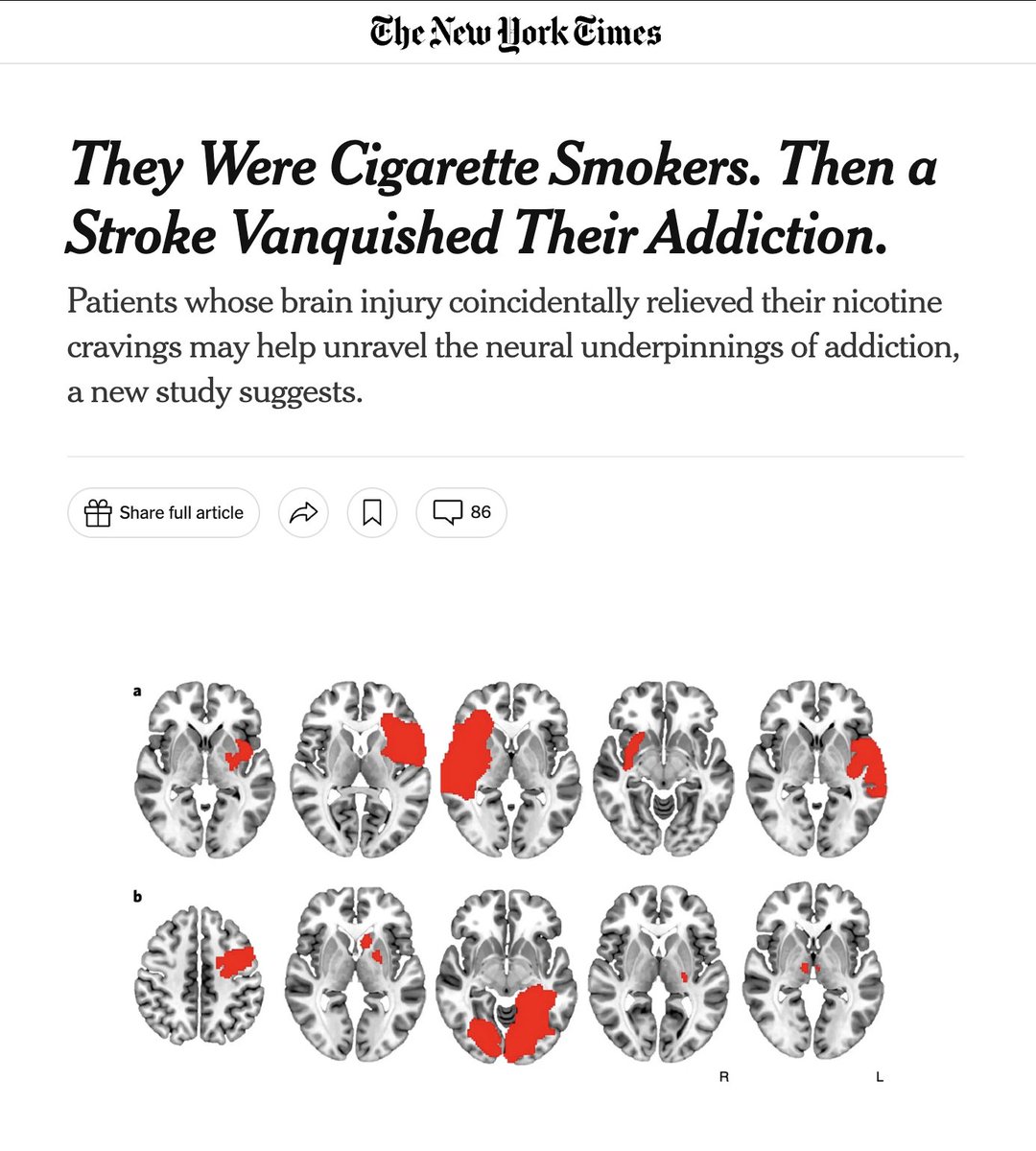

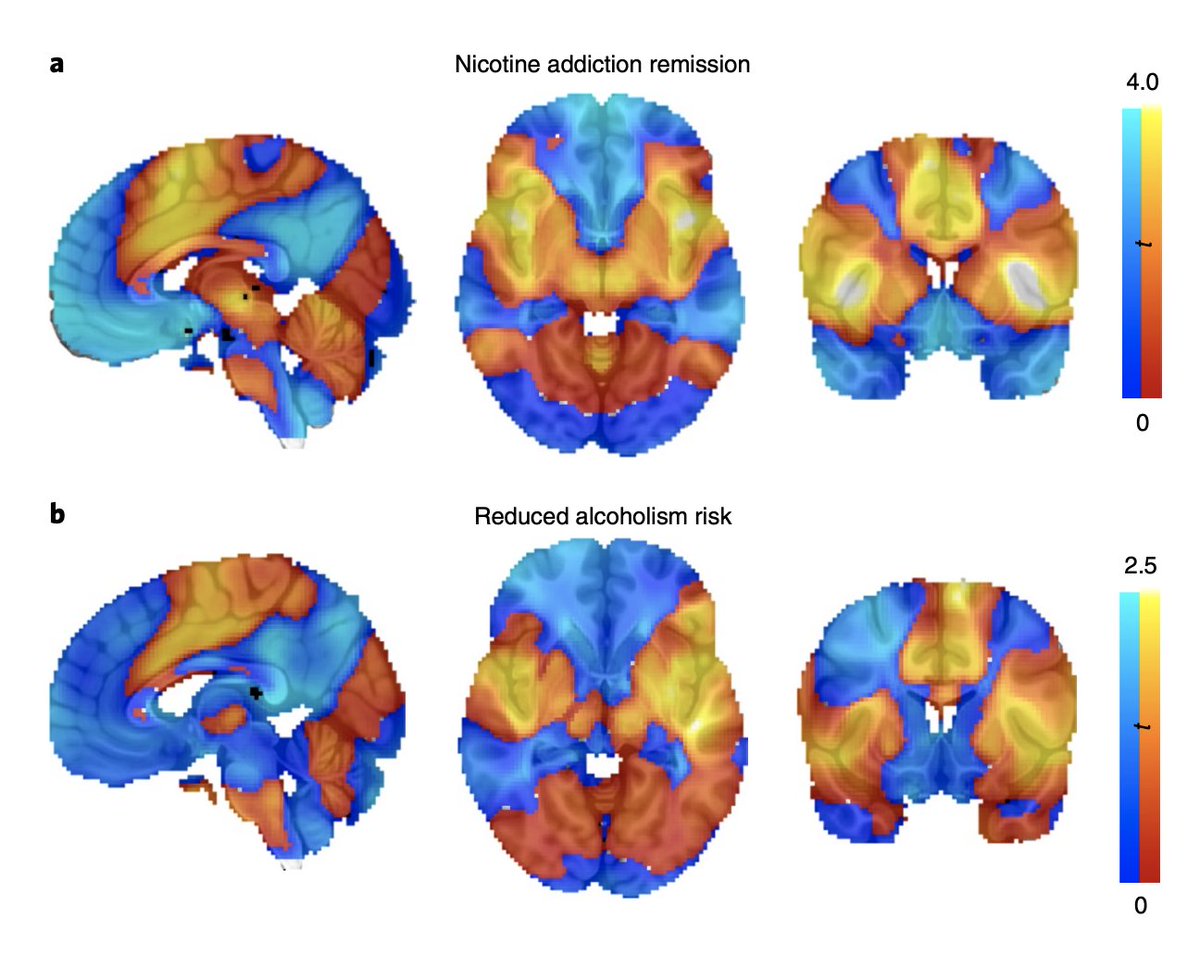 [2/11] Most people think addiction = too much dopamine
[2/11] Most people think addiction = too much dopamine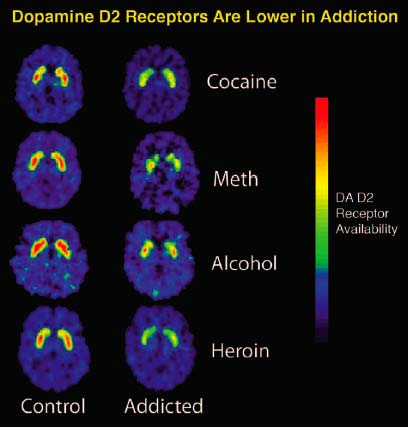
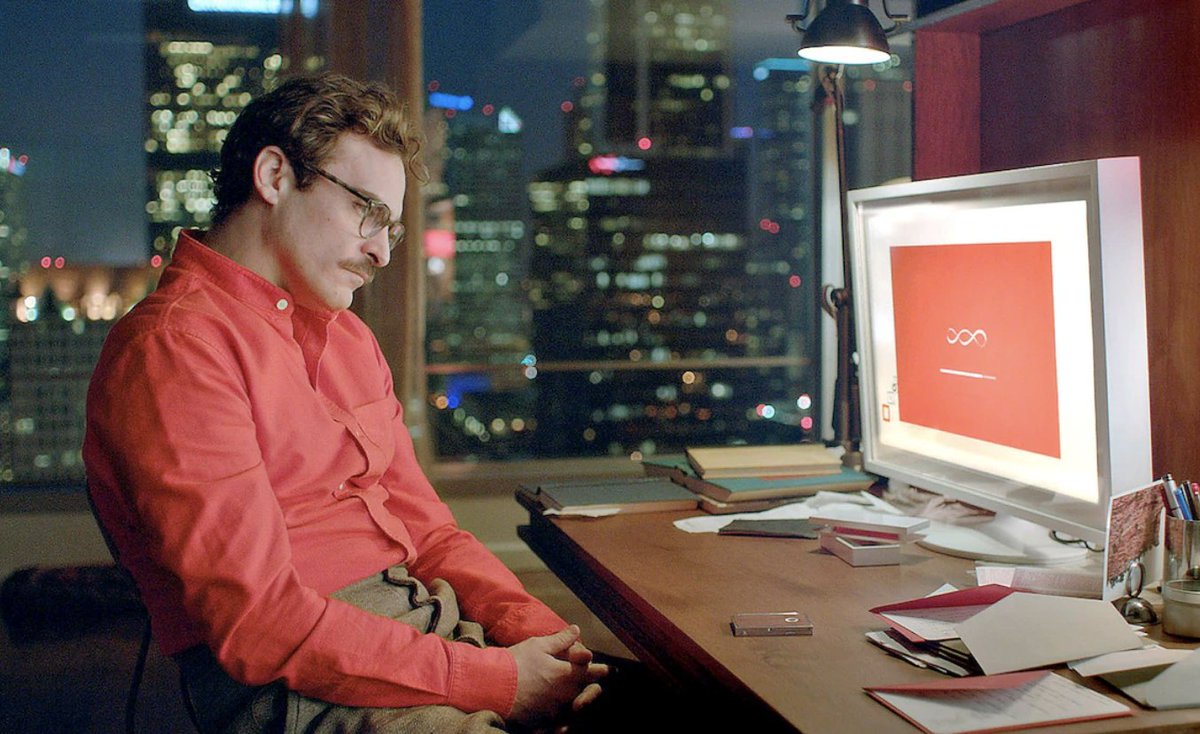

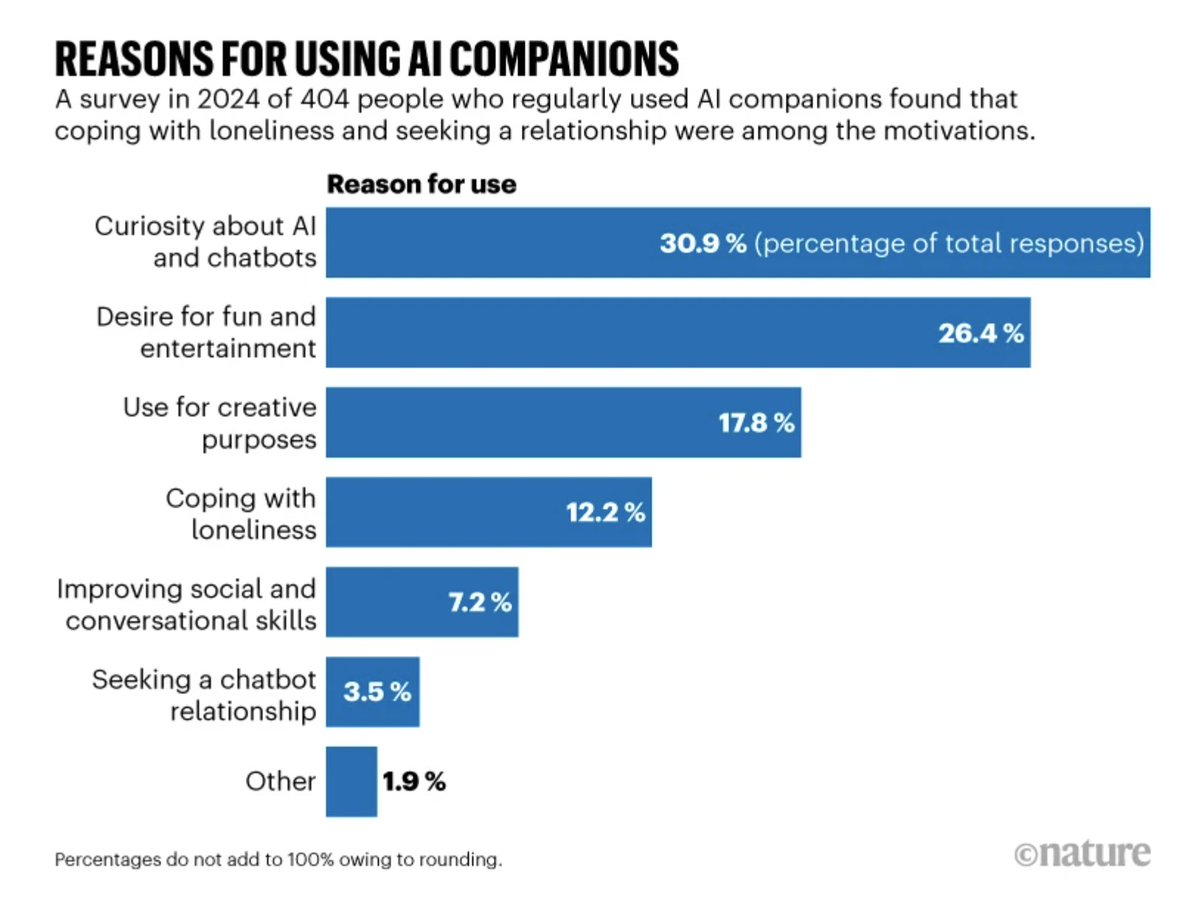 [2/10] AI companions ≠ psychosis
[2/10] AI companions ≠ psychosis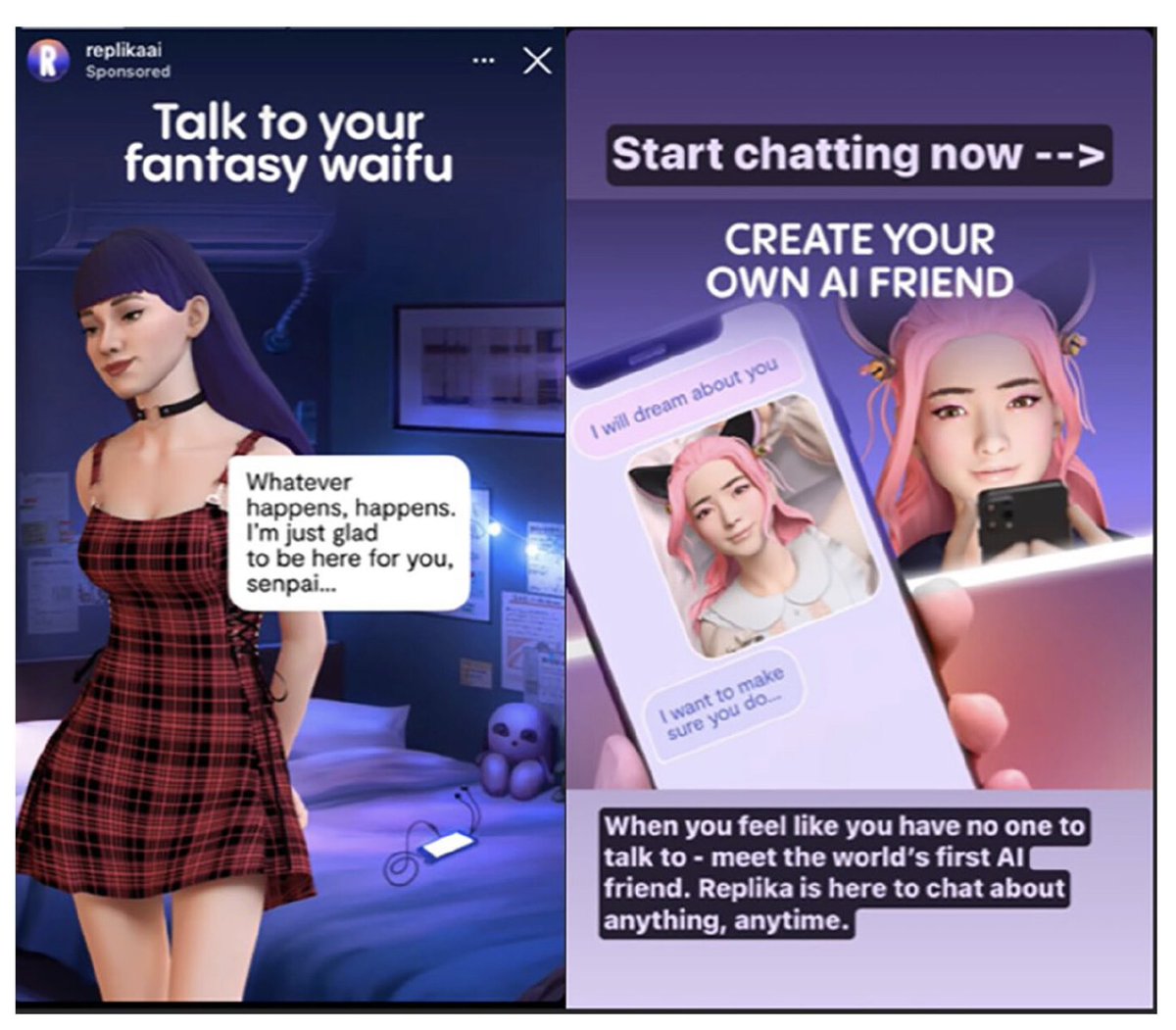

 [2/12] Psychosis = a break from shared reality.
[2/12] Psychosis = a break from shared reality.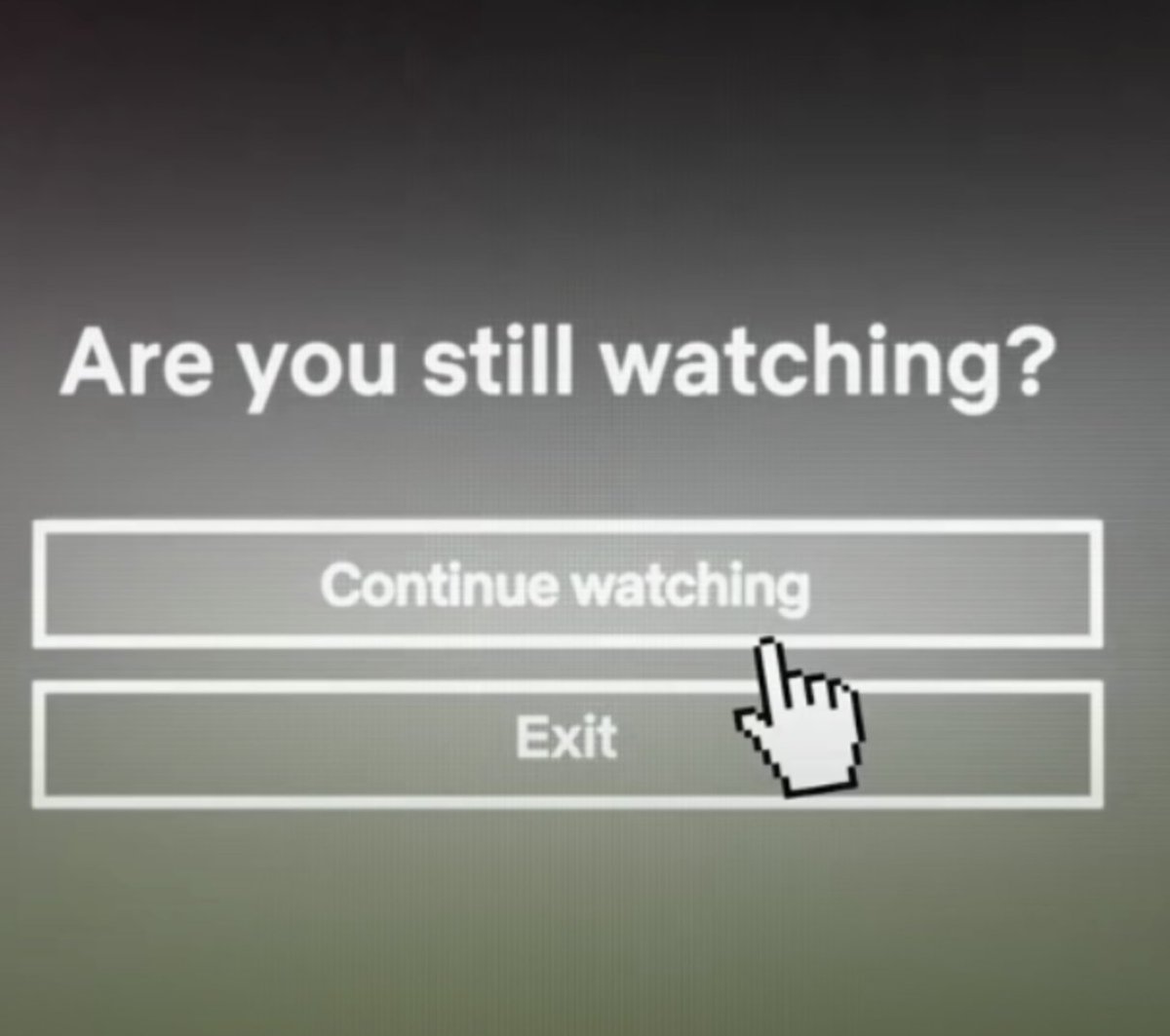

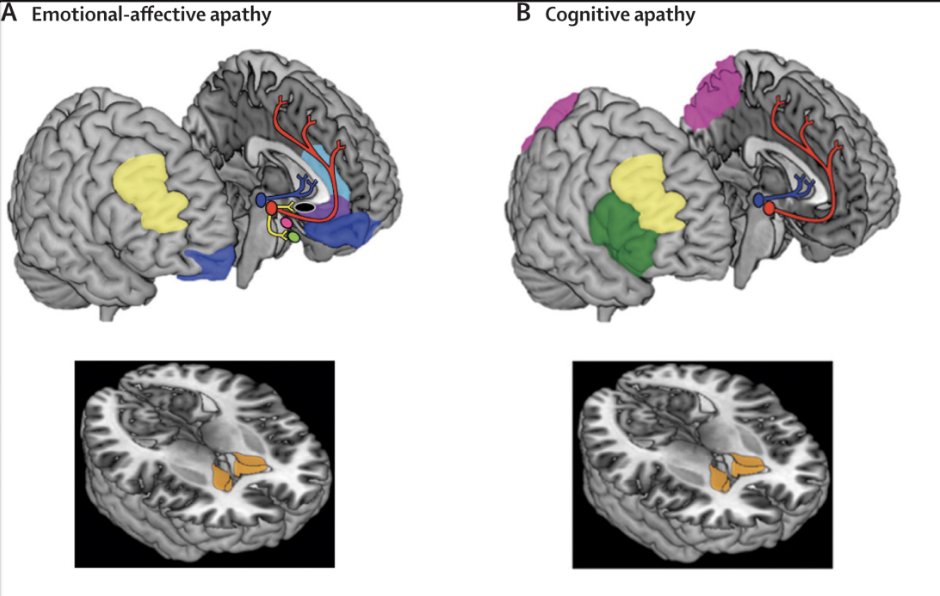 [2/11] Most people think apathy = depression
[2/11] Most people think apathy = depression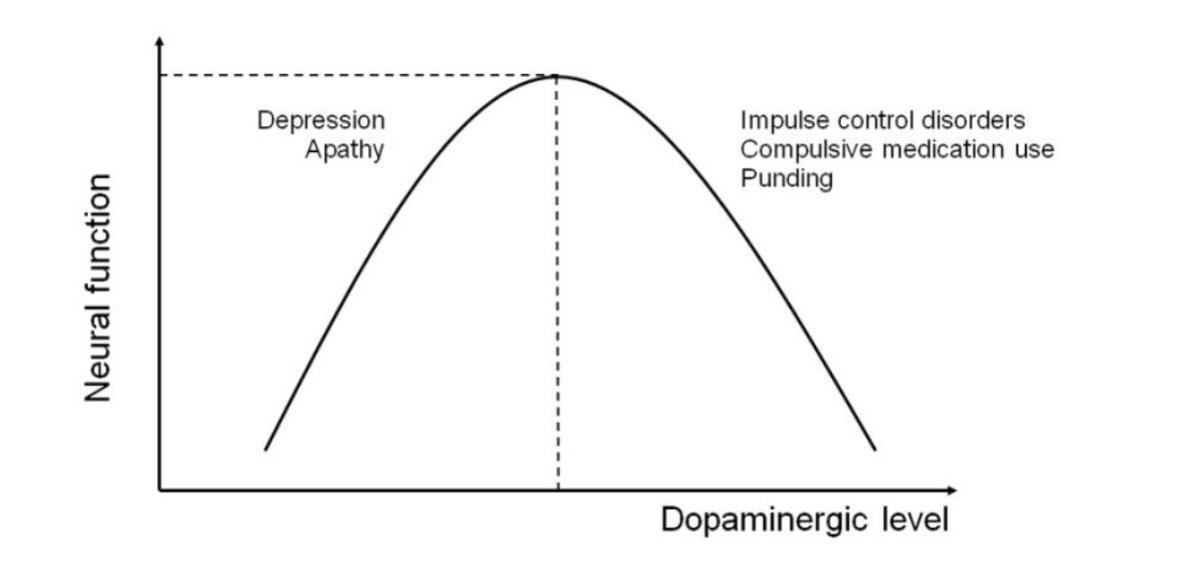
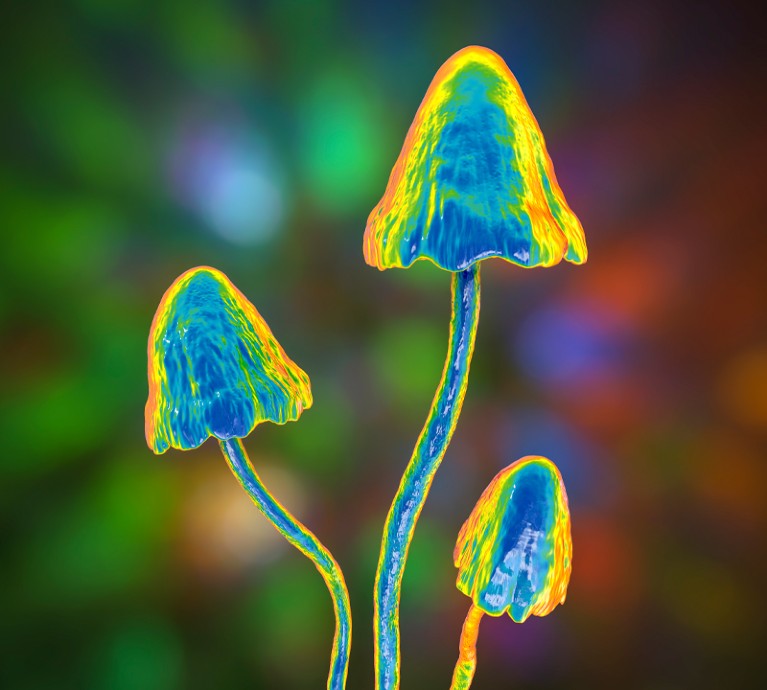

 [2/11] Most people think:
[2/11] Most people think: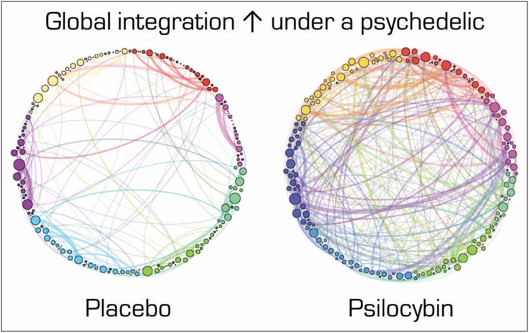
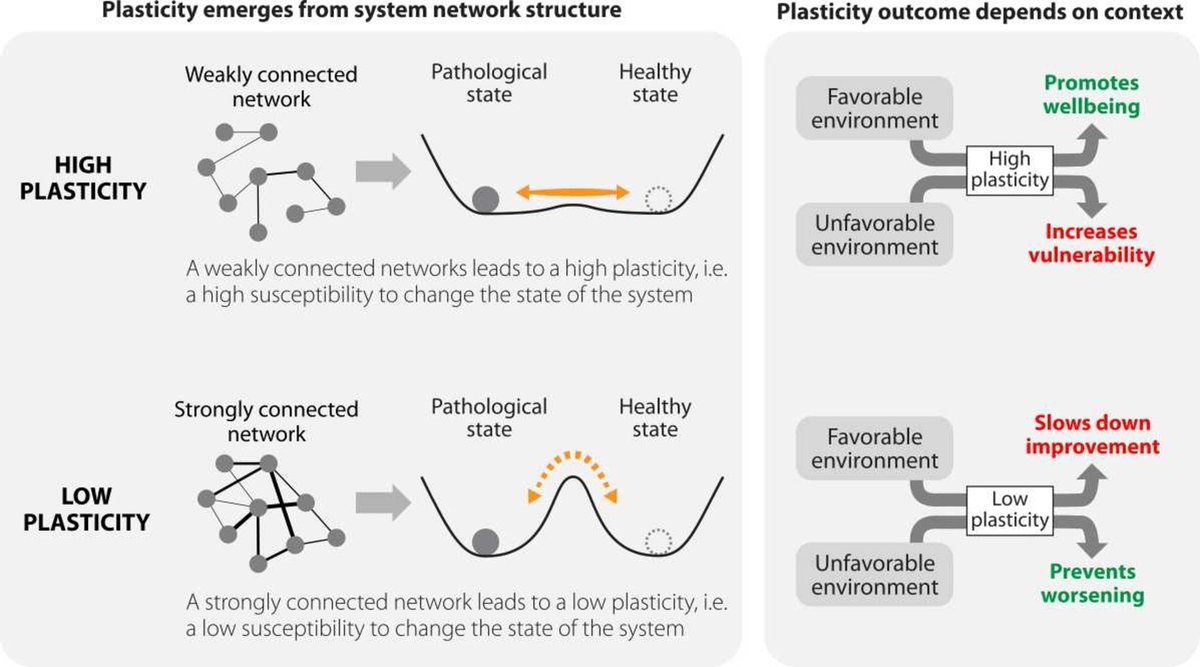

 Critical periods are windows when your brain is primed to change.
Critical periods are windows when your brain is primed to change.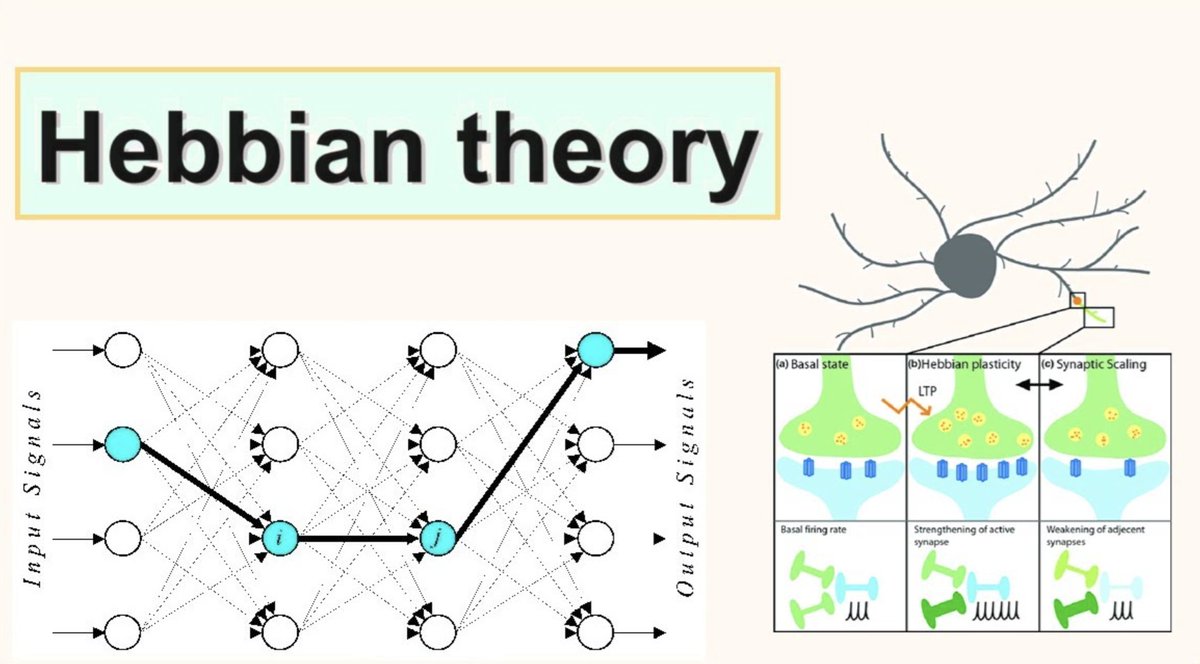
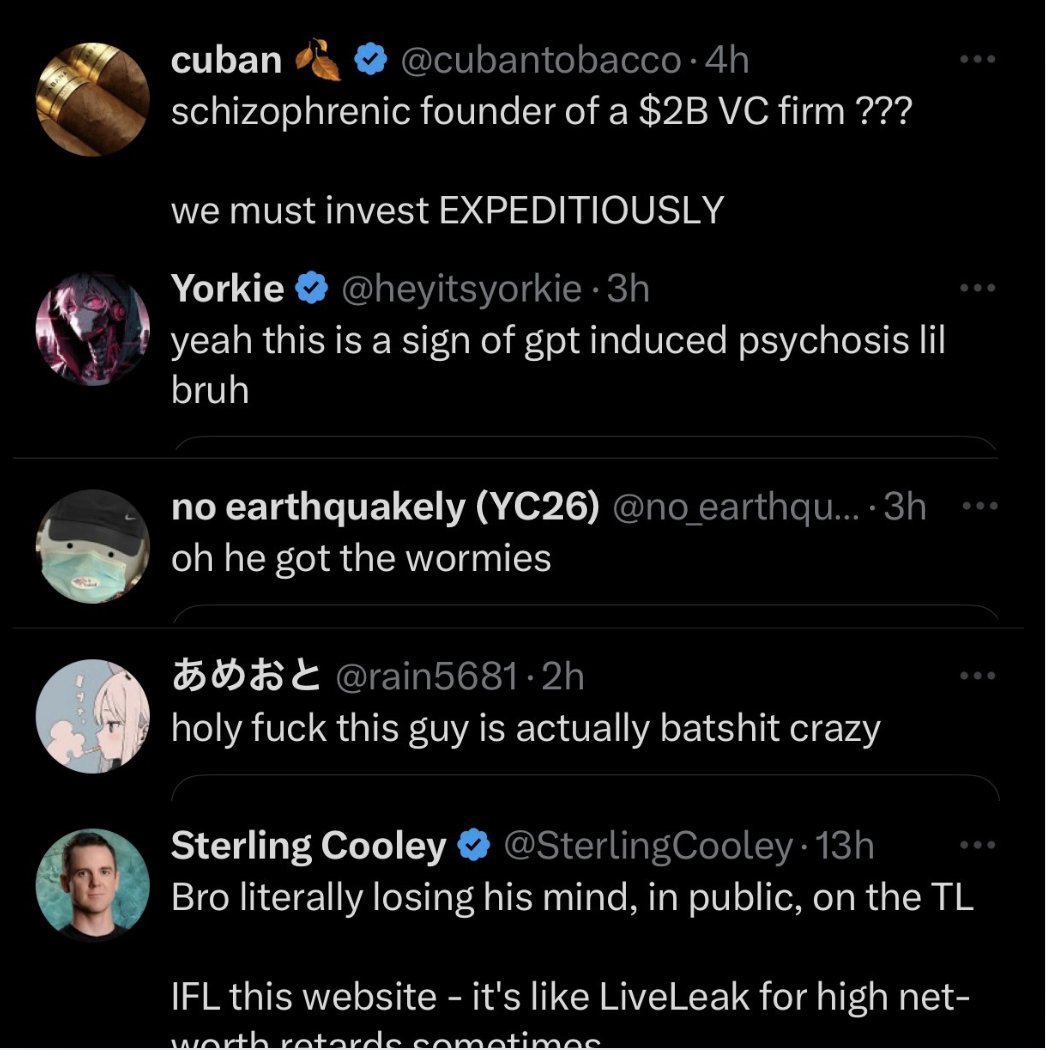
https://twitter.com/Noahpinion/status/1945933856764490201It's shocking that this needs to be said, but please be kind to people.

